The NAAFE Forum in
La Jolla, California
March 24 - 27, 2025
Thank you!
That's a wrap! Thanks all for a wonderful conference!
NAAFE will see you in 2027 in Beaufort, North Carolina, USA hosted by Duke University. Check the NAAFE home website for future updates.
Relatedly, IIFET 2026 will be hosted in the Faroe Islands next August. Check the IIFET home website for future updates.
...
The Center for Marine Biodiversity and Conservation (CMBC) at Scripps Institution of Oceanography at UC San Diego and our co-organizers welcome the 2025 North American Association of Fisheries Economists (NAAFE) Forum to the Pacific Coast! We invited our colleagues from North America and beyond to join us in La Jolla, a neighborhood within San Diego, California, USA.
Join the NAAFE Slack Community!
We’re excited to launch the NAAFE Slack channel—a space to connect, share resources, post job opportunities, and get feedback from fellow members! Whether you're looking to network, collaborate, or just stay in the loop, this is the place to be.
Slack is easy to use on your browser or via the app. New to Slack? Check out this quick guide to get started.
Attending NAAFE 2025 La Jolla? Use the Slack channel to coordinate ride and room sharing and find local recommendations.
Have questions? Reach out to Catherine Courtier at cacourtier@ucdavis.edu. See you on Slack!
PROGRAM
SCHEDULE
Our NAAFE 2025 Program is here! Click the button to view the full program, including Session titles and Abstracts, as well as more detail on side activities being offered.
Want to peruse the schedule and abstracts in PDF form? Click for a PDF of the 'Book of Abstracts.' To save trees, we will only have one printed copy at the Registration/Info desk.
Below is an image of the overall schedule showing timing for each of our key program components as well as select side activities.

TOPICS
- Climate impacts on fisheries & aquaculture
- Seafood markets, trade, and climate considerations
- Equity & environmental justice economics
- Marine debris including the impact of microplastics
- Alternative / overlapping ocean & coastal uses: wind energy, renewable energy, aquaculture
- Marine protected areas, marine spatial planning
- Ocean observing systems & social-ecological systems
- Economic & social analysis of fishing and coastal communities
- Co-production of knowledge & research with Indigenous or local communities, including citizen science
- Integrating social science in climate and ocean system models
- Recreational fisheries
- Ecosystem Based Management
- Integrating & applying human dimensions data in spatial considerations for marine ecosystem-based management
SPECIAL SESSIONS
- Integrating Social Science into Fisheries Management
- More than Four Fish: Changing the seafood consumption landscape from niche and small-scale market
- Economics of Marine Debris and Ghost Gear Management
Venue
NAAFE 2025 will be held at Scripps Institution of Oceanography at the University of California San Diego in La Jolla, CA. A maps of our corner of campus are available here.
The Welcome Reception will be at the Ted and Jean Scripps Marine Conservation and Technology Facility (MCTF). *Cash Bar for alcoholic beverages.
Daytime Program - including registration, plenary, and concurrent sessions - will take place in the Robert Paine Scripps Seaside Forum auditorium and conference rooms, as well as nearby classroom Vaughan Hall 100.
We are planning for a beautiful off-campus Banquet Dinner at the La Jolla Woman's Club in downtown La Jolla on Wednesday night. *Cash Bar for alcoholic beverages.
A shuttle bus will take attendees from Scripps Oceanography to the Banquet, but you will need to find your own way back to your local lodging at the end of the evening.
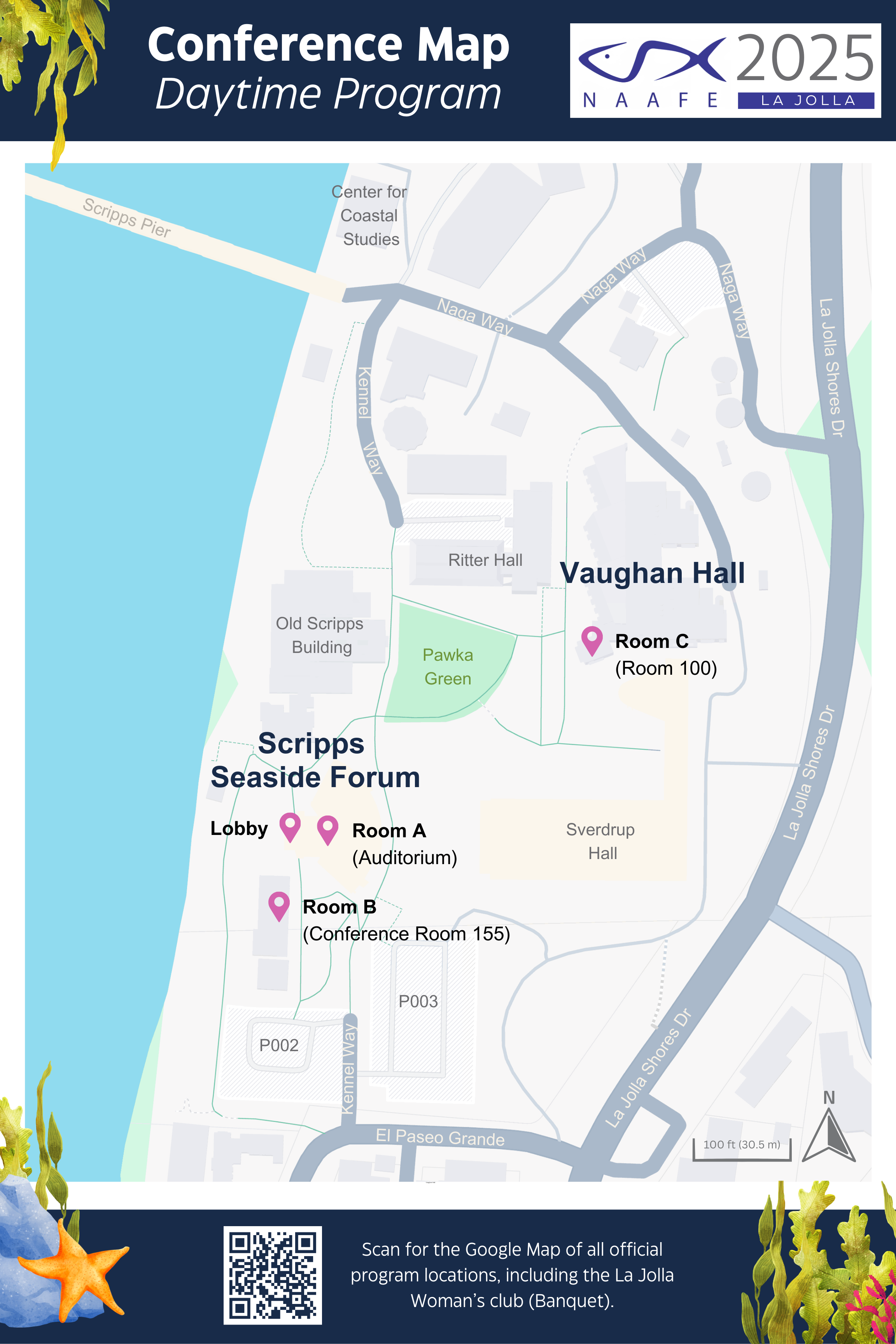
SIDE ACTIVITIES
On Your Own
MONDAY MARCH 24
TUESDAY MARCH 25
WEDNESDAY MARCH 26
THURSDAY MARCH 27
FRIDAY MARCH 28
SATURDAY MARCH 29
Logistics
All are welcome to register for NAAFE 2025, regardless of nationality, citizenship, or country of residence. We understand that there may be confusions for our international participants traveling to the U.S. for our conference. Here are some resources to help you prepare to attend:
- Visa Requirements - Check the U.S. Department of State website for the latest information about visa requirements and documentation needed to enter the U.S.: https://travel.state.gov/content/travel/en/us-visas.html
- Letter of Invitation - Upon request, NAAFE 2025 organizers can provide a Letter of Invitation (also known as an "Affidavit of Support") for our presenters. Please use our "Contact" GoogleForm to reach out to our Organizing Committee and allow 5-10 business days for us to process your request.
LODGING
We have secured a special NAAFE room rate of $189/night at Inn by the Sea in downtown La Jolla, located at 7830 Fay Ave, La Jolla, CA 92037. Rooms and rate are available for any length of stay even a week before or after the above date.
More details and a phone number to call and inquire about reserving a room are on this flyer.
Here are a few other hotels in the area we recommend reaching out to:
< 1 mile (~15 minutes walking)
Hotel La Jolla, Curio Collection by Hilton
7955 La Jolla Shores Drive
La Jolla, CA 92037
(858) 459-0261
La Jolla Shores Hotel
8110 Camino Del Oro
La Jolla, CA 92037
(855) 923-8058
< 5 mile (~30-40 minutes via Public Transit)
Marriott Residence Inn La Jolla
8901 Gilman Drive
La Jolla, CA 92037
(858) 204-4637
Sheraton La Jolla Hotel
3299 Holiday Court
La Jolla, CA 92008
(858) 453-5500
< 10 mile (~1-1.5 Hours via Public Transit)
La Quinta Inn & Suites by Wyndham San Diego Mission Bay
4610 De Soto Street
San Diego, CA 92109
(858) 483-9800
Holiday Inn Express San Diego Seaworld-Beach Area, an IHG Hotel
4540 Mission Bay Drive
San Diego, CA 92109
(888) 465-4329
Best Western Seven Seas
411 Hotel Circle South
San Diego, CA 92108
(800) 780-7234
Hotel Zindel
505 W Grape Street
San Diego, CA 92101
(619) 658 0104
If you are unable to locate lodging that works for your budget, you may be able to arrange local house-sitting or house-share situation during our campus' coinciding "Spring Break." Inquire for availability via the SIO-Housing mailing list: SIO-Housing@sio.ucsd.edu; https://siomail.ucsd.edu/mailman/listinfo/sio-housing.
Air TRAVEL
The nearest airport is the San Diego International Airport (SAN), located approximately 12 miles (19.3 km) south of La Jolla.
GROUND Transportation
It’s highly recommended that you plan to stay in La Jolla and walk, take public transportation, or take taxi/rideshare to and from your lodging.
Taxi. The most efficient way to get to La Jolla from the airport is via taxi. Simply follow the signs leading to the Transportation Plazas on the baggage claim level. A Customer Service Representative will place you with the first available taxi, unless you specify a particular taxicab company. Many companies provide taxicab service at San Diego International Airport and in the greater San Diego and La Jolla areas if you prefer to arrange one ahead of time.
Public Transit. The San Diego Region's MTS bus and light rail system extends to La Jolla and UC San Diego campus, and the MTS 30 bus drops off near Scripps Oceanography campus frequently. Look up schedules, maps, and rates here: https://www.sdmts.com/
Rideshare. App-based services, including Lyft and Uber also operate in San Diego and La Jolla.
Parking and Car Rentals. Parking is very limited at Scripps Oceanography at UC San Diego and is tightly regulated. We are unfortunately unable to arrange on-campus parking for NAAFE guests.
If you decide you need to rent a car for any reason, the airport has many rental car services at their Consolidated Rental Car Center. A list of Rental Car agencies and links to their websites is available here.
ORGANIZING COMMITTEES
FORUM HOSTS
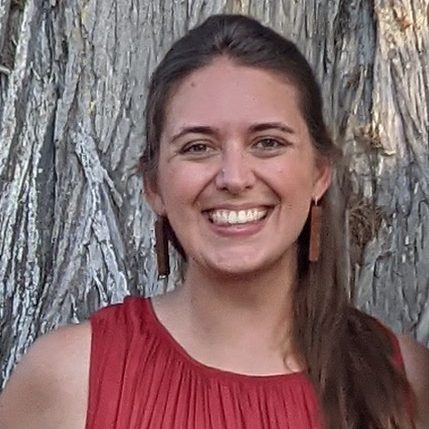
Allison Kellum, CMBC Managing Director
Scripps Institution of Oceanography, University of California, San Diego
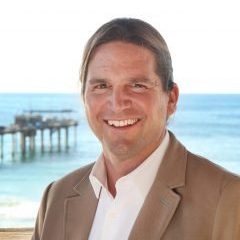
Stuart Sandin, Professor, CMBC Director
Scripps Institution of Oceanography, University of California, San Diego
NAAFE REPRESENTATIVES
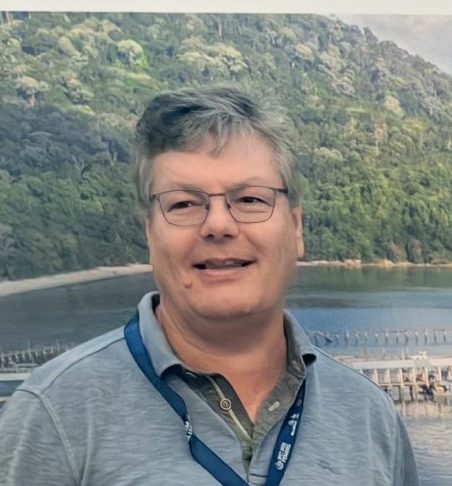
Frank Asche, NAAFE President
Professor, University of Florida
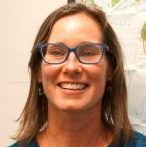
Kathryn (Kat) Goetting, NAAFE & IIFET Executive Director
Oregon State University
NAAFE BOARD
- Sunny Jardine, University of Washington – NAAFE President-Elect
- Jingting Chang, Fisheries and Oceans Canada – NAAFE Board Member representing Canada
- Germán Ponce-Díaz, Centro Interdisciplinario de Ciencias Marinas, IPN (CICIMAR) – NAAFE Board Member representing Mexico/Caribbean
SCIENTIFIC COMMITTEE
NAAFE 2025 La Jolla Abstract Reviewers
- Mona Ahmadiani, Texas A&M University
- Frank Asche, University of Florida
- Anna Birkenbach, University of Delaware
- Jingting Chang, Fisheries and Oceans Canada
- Andrés Cisneros-Montemayor, Simon Fraser University
- Brenna Jungers, Mississippi State University
- Gisele Magnusson, Fisheries and Oceans Canada
- Kimberly Oremus, University of Delaware
- Matthew Reimer, University of California, Davis
- Hirotsugu Uchida, University of Rhode Island
- and others
NAAFE 2025 La Jolla Presentation Award Judges
- Joshua Abbott, Arizona State University
- Thomas Anderson, University of Florida
- Frank Asche, University of Florida
- Barbara (Basia) Hutniczak, International Pacific Halibut Commission
- Rebecca Lent, Consultant
- Matt Reimer, University of California, Davis
- Andrew Ropicki, University of Florida
- Andrew Scheld, Virginia Institute of Marine Sciences
- Martin Smith, Duke University
- Kanae Tokunaga, Gulf of Maine Research Institute
- Andreas Tsakiridis, Marine Stewardship Council
- Hirotsugu Uchida, University of Rhode Island
- Xiurou Wu, NHH Norwegian School of Economics
- and others
Registration
Our Registration window closed February 28
Conference Registration Fees include admission to 2025 NAAFE Forum programmed activities (Welcome Reception, plenaries, concurrent sessions, Poster Session, and Banquet), as well as lunch Tues. & Wed., coffee, and light refreshments throughout the program.
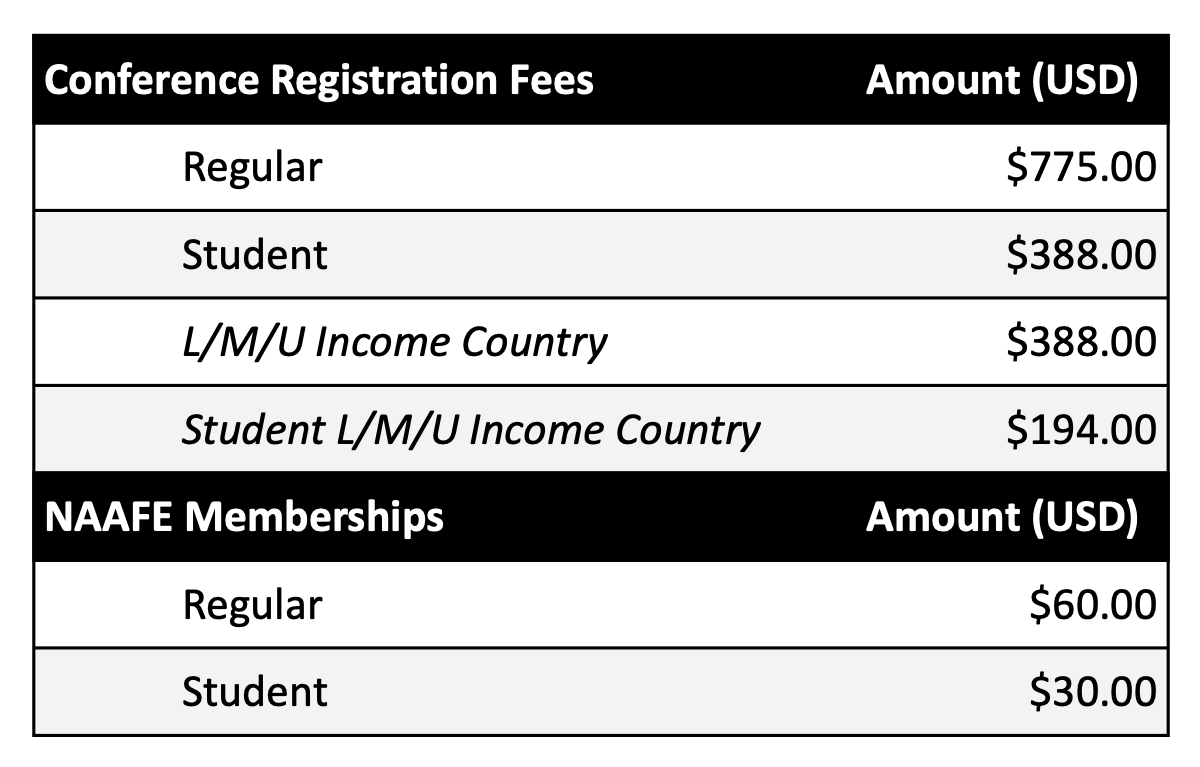
NAAFE Membership
All conference attendees must have a current annual NAAFE regular ($60) or student ($30) membership. In order to register for our 2025 conference, you can either:
- purchase a non-refundable membership at the same time as your conference registration; or,
- purchase directly through the NAAFE organization website.
If you have an active membership or choose to purchase directly through the NAAFE website, please attest on our conference registration page that you already have an active NAAFE membership.
Cancellation Policy:
- NAAFE Membership purchases are final and non-refundable.
- Registrations cancelled less than 30 days before the event (February 22 onward) are no longer eligible for a refund.
- (Deadline passed) - Registrations cancelled less than 60 days, but more than 30 days (January 22 - February 21 11:59pm PT) before the event are eligible for a 50% refund of the registration fees paid.
- (Deadline passed) - Conference registrations cancelled more than 60 days before the event (January 21, 11:59pm PT) are eligible for an 80% refund of the registration fees paid.
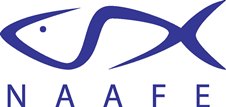
The North American Association of Fisheries Economists (NAAFE) is an international group of industry, government, and academic practitioners of fisheries economics. The purposes of NAAFE are to facilitate communication among North American fisheries and aquaculture economists in industry, academia, government, and other areas, to promote dialogue between economists and stakeholders interested in fisheries and aquaculture, and to advance fisheries and aquaculture economics and its useful applications.

Scripps Institution of Oceanography at UC San Diego is one of the most important centers for global earth science research and education in the world. Scripps scientists work to understand and protect the planet by investigating our oceans, Earth, and atmosphere to find solutions to our greatest environmental challenges. Scripps leads research in climate change impacts and adaptation, resilience to hazards, conservation and biodiversity, oceans and human health, national security, and innovative technology to observe the planet.

The Center for Marine Biodiversity and Conservation (CMBC) at Scripps Institution of Oceanography, UC San Diego integrates biological, physical, and social science with educational approaches to maintain the integrity of ocean ecosystems and manage their use in the face of rapid and inevitable global change.


